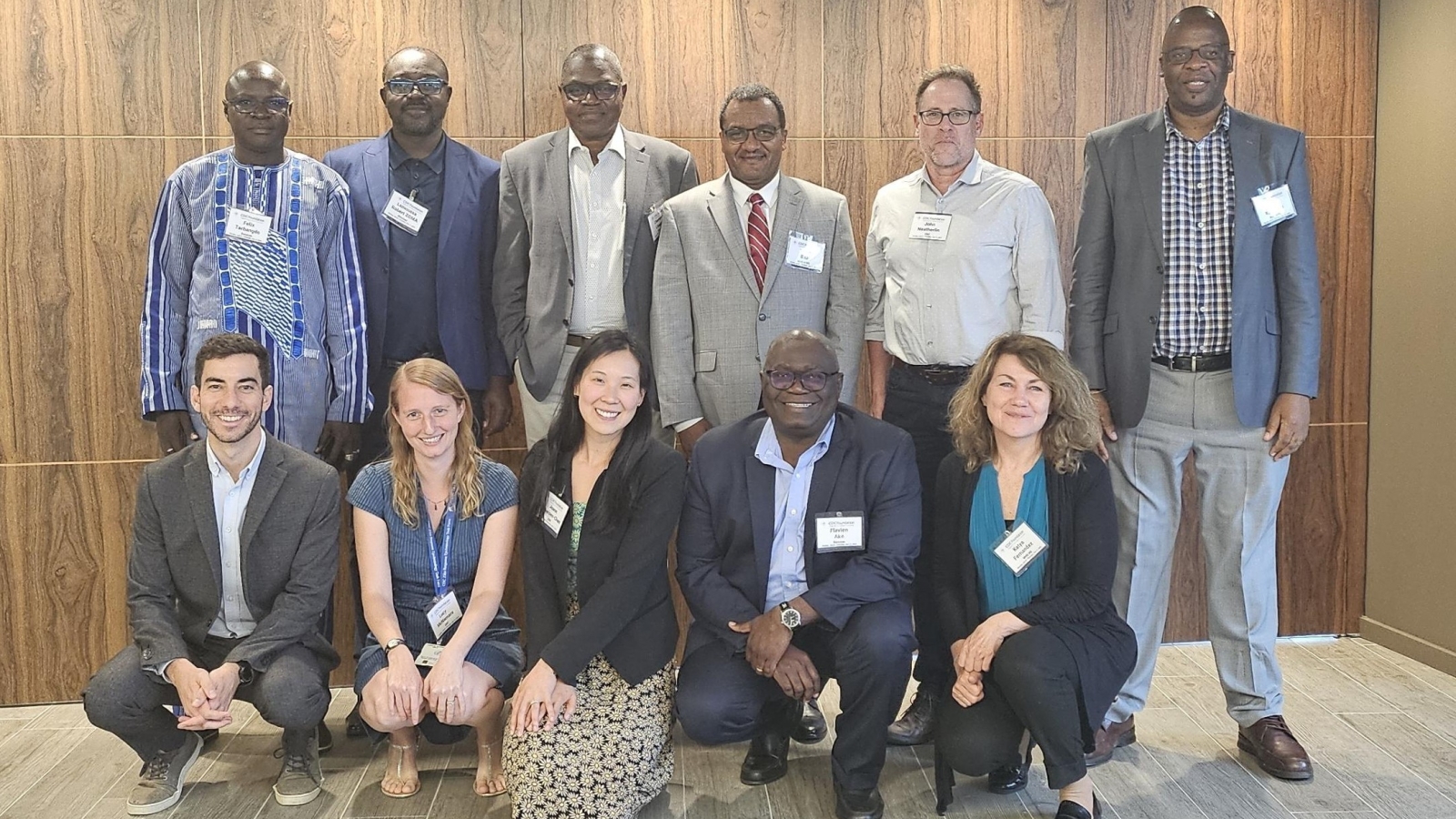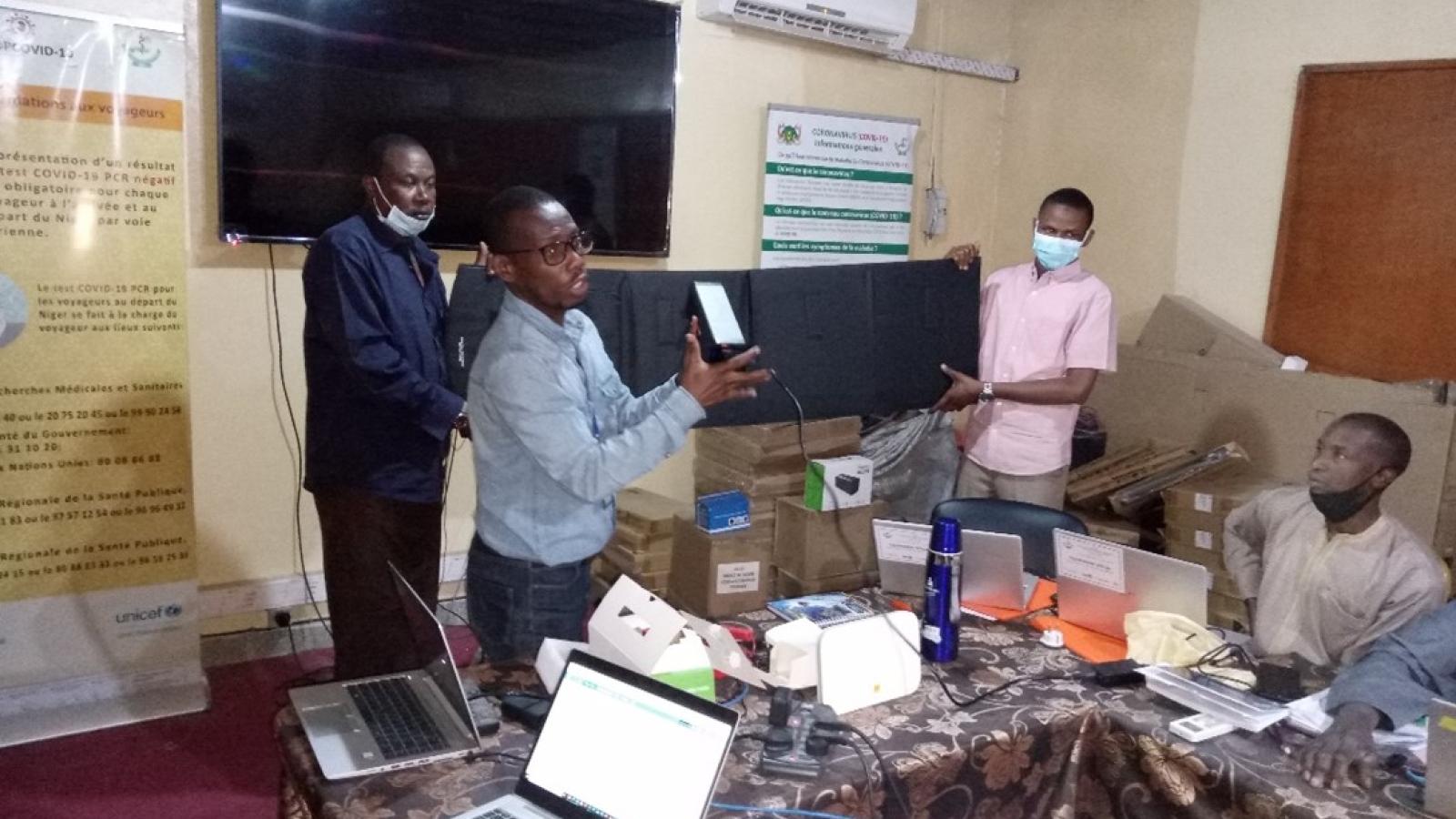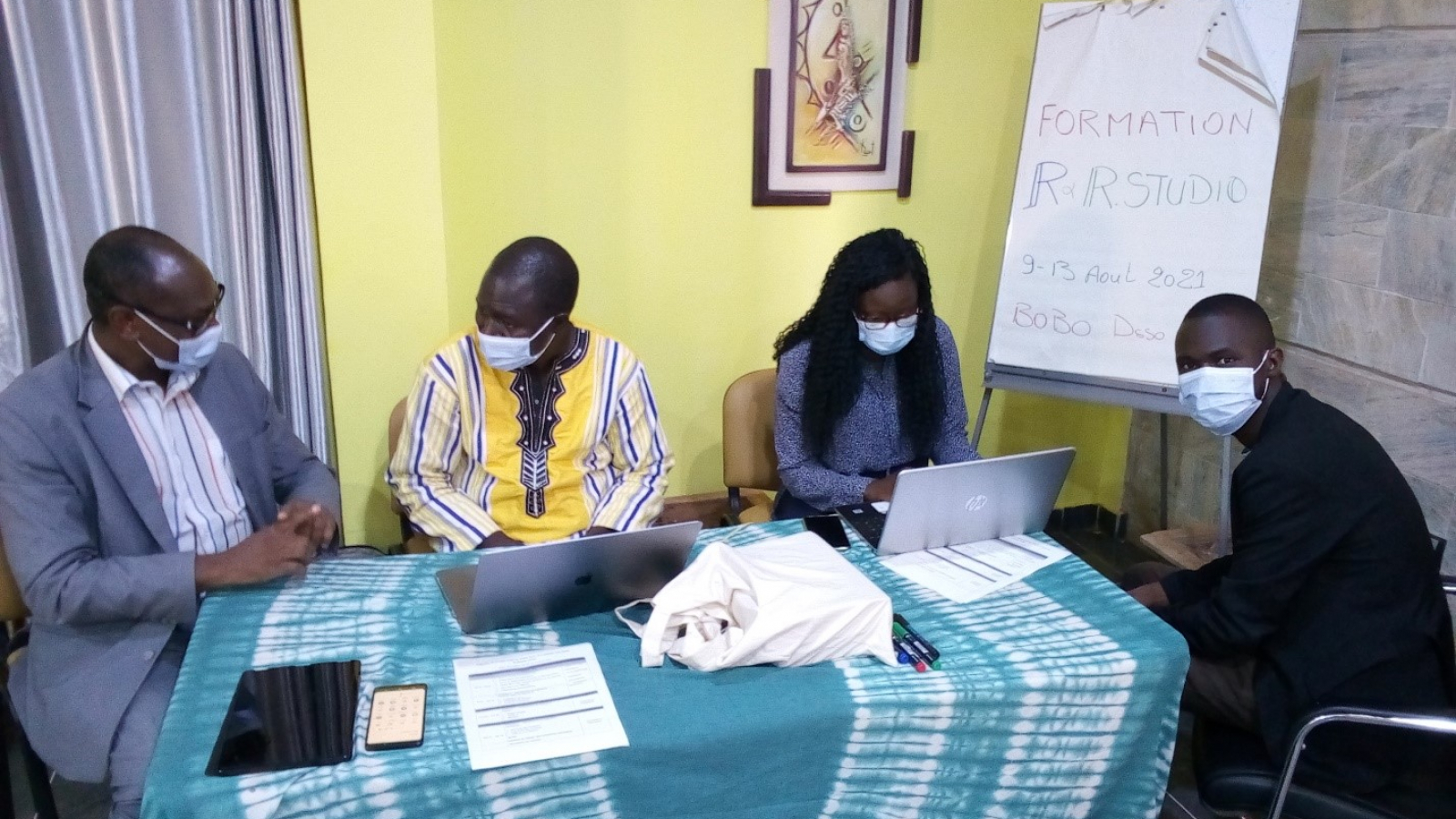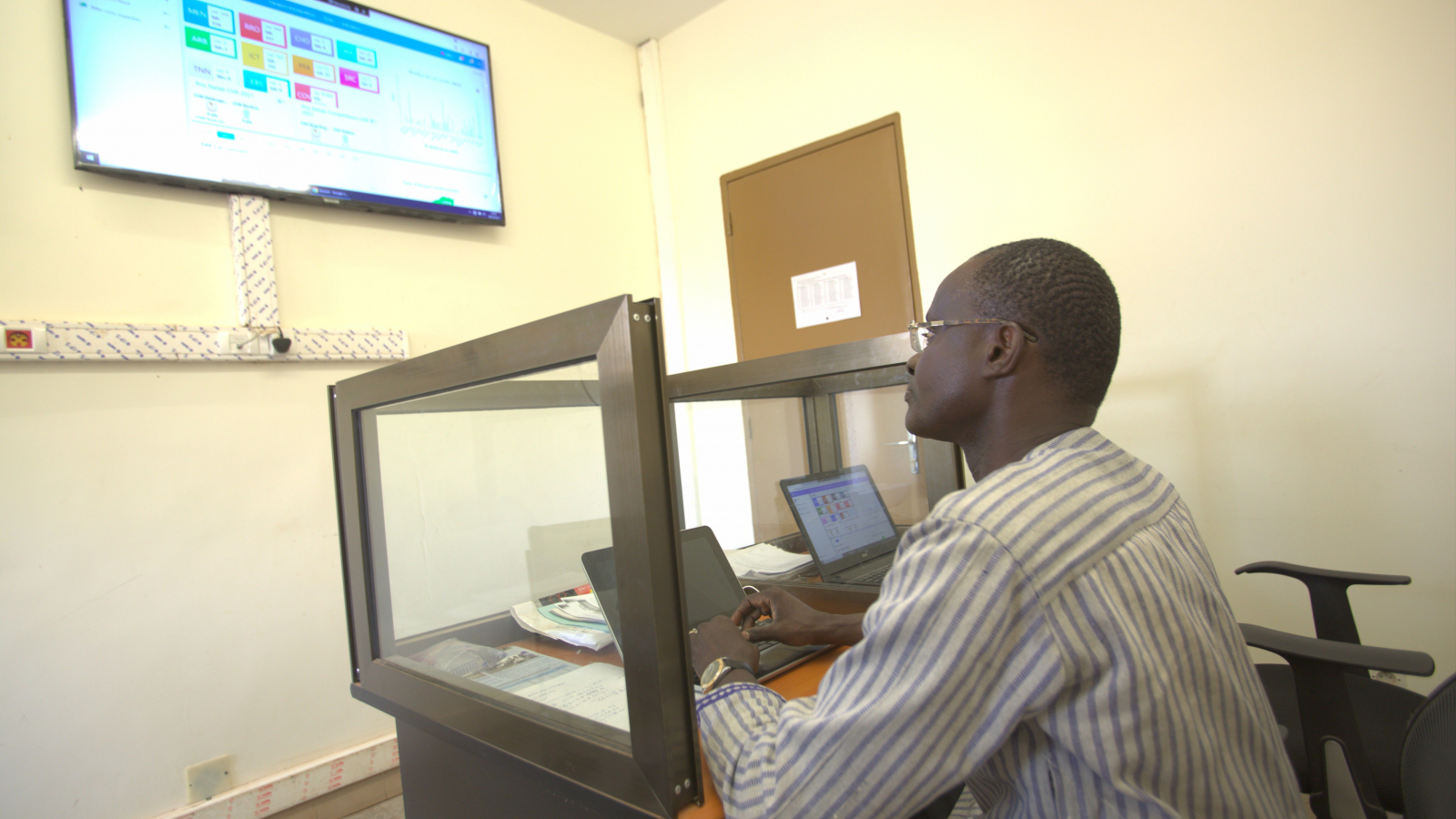In 2023, the 10th MenAfriNet and 20th World Health Organization (WHO) Annual meeting on Surveillance, Preparedness and Response to Meningitis Outbreaks in Africa was expanded to include yellow fever, measles-rubella, and maternal and neonatal tetanus. The meeting was held November 14–26, 2023, in Brazzaville, Republic of Congo, at the WHO Regional Office for Africa (AFRO) headquarters.
This was the first in-person annual meeting since the COVID-19 pandemic and included 146 participants from:
- Ministries of Health (MoH) from fourteen countries that are highly affected by these pathogens (Angola, Benin, Burkina Faso, Cameroon, Central African Republic, Chad, Democratic Republic of the Congo, Ethiopia, Ghana, Mali, Nigeria, South Africa, South Sudan and Togo)
- International partner organizations (WHO, U.S. Centers for Disease Control and Prevention (CDC), UNICEF , Médecins Sans Frontières, Program for Appropriate Technology in Health (PATH), Norwegian Institute of Public Health (NIPH), Davycas, International Federation of Red Cross (IFRC), Gavi –a global Vaccine Alliance, and Meningitis Research Foundation (MRC)
- WHO country offices
The remainder of the 26 meningitis belt countries participated virtually.
Strengthening collaboration and preparedness
A goal of this combined meeting was to promote integration of surveillance systems for all epidemic-prone diseases and strengthen collaboration and preparedness, while also reducing conflicts and meeting requests for surveillance staff. The combined meeting aligned with a key strategy of the Defeating Meningitis by 2030 Global Road Map (DM2030), which seeks to eliminate bacterial meningitis epidemics, reduce cases and deaths of vaccine-preventable bacterial meningitis, and reduce disability and improve the quality of life after meningitis. The explicitly multi-pathogen and multidisciplinary nature of DM2030 provided opportunities to link with other projects and initiatives, both those focused on specific pathogens and ones with broader health systems focus. Holding the 2023 annual meningitis meeting jointly with other epidemic-prone diseases provided an opportunity to identify potential areas for collaboration.
Combining the meningitis meeting with other epidemic-prone diseases promotes integration and efficiency in the use of resources as most of the MoH and WHO in-country staff are responsible for the same diseases that were discussed at the meeting.
- Anderson Latt, Meningitis Focal Point, WHO AFRO Emergency Preparedness and Response Cluster, Dakar Emergency Hub, Dakar, Senegal
Common themes emerged
The agenda was packed with updates from each program and highlighted experiences from different countries and diseases. Common themes emerged, such as the importance of improving
- Early detection
- Laboratory diagnostics including molecular detection
- Specimen transport systems
- Data integration and triangulation
- Submission of data to the DHIS2 regional platform to support regional surveillance
- Vaccine performance and rollout
These activities are key to quickly identifying outbreaks and informing response efforts. Vitally important to identification and response efforts are collaboration and coordination of national laboratory, epidemiologic surveillance, and immunization staff, as well as international partners.
Opportunities for preventing meningitis epidemics
This meeting was also an opportunity to kick off the next phase of meningitis prevention using Men5CV. This new pentavalent vaccine includes all epidemic-prone serogroups in the region (ACWYX) and was prequalified by WHO in July 2023. Use of this vaccine for mass campaigns and integration into routine immunization programs is expected to be instrumental in eliminating epidemics, a visionary goal of the regional DM2030 implementation framework.
Countries were encouraged to monitor reported cases and submit outbreak vaccine requests to the International Coordinating Group (ICG) on Vaccine Provision within one week of crossing epidemic thresholds. To be able to quickly identify outbreaks, countries will need to preposition sample collection and transportation materials in at risk areas.
Furthermore, WHO encouraged countries that have not yet introduced monovalent serogroup A conjugate vaccine (MenACV) into their routine immunization schedule to do so at the earliest opportunity in 2024–2025 (9 remaining countries). Those countries were also advised to coordinate with NITAG regarding Men5CV introduction into routine immunization schedules.
Lessons learned, shared challenges, and a path forward
This first joint disease annual meeting provided an opportunity for programs to share key lessons learned that could be applied across all diseases represented at the meeting. This is one step towards increased coordination and integration of healthcare surveillance to promote system sustainability. This regional meeting also highlighted many shared challenges among programs, which can serve as a first step towards identifying and sharing solutions across pathogens. For example, integrated planning can help leverage limited resources and aligns with both the Integrated Disease Surveillance and Response (IDSR) strategy and the regional DM2030 implementation framework.
Sharing lessons learned and identifying synergies across disease programs may not only address challenges, but also lead to improved efficiency and increase sustainability of activities, coordination across diseases, and progress towards the DM2030 goals.



